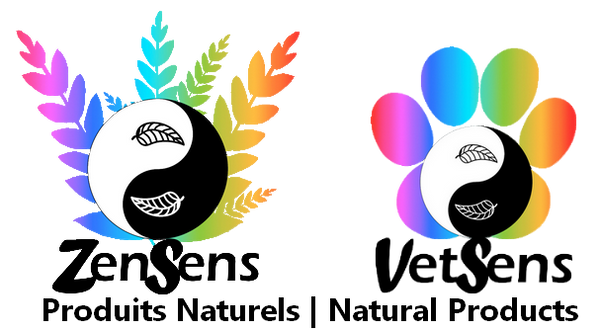This is the most difficult part!
What we wish to have is the most information possible about the bottle (or an attached sheet). Price should not be relied upon as a guarantee of quality.

Priority:
- The common name of the plant, as well as its Latin name and, if applicable, its chemotype.
- The origin of the plant used (country, sometimes even region!). For example, sandalwood from Australia will not have the same properties as sandalwood from Mysore (a city in India).
- The part of the plant used: in the case of cinnamon, for example, the bark and leaves do not have the same properties, in addition to having a different toxic potential.
- The type of processing: steam distillation, cold pressing, solvent extraction? It is obvious that the presence of solvent can affect the purity of the oil, but this processing is sometimes the only option for this type of plants (like rose).
- A batch number, sometimes several (bottling number, for example). This allows traceability in case of adverse reactions or contamination.
- Safety mentions: Classic ones like "do not ingest" or "keep out of reach of children", but also mentions about potential irritants, photosensitivity, or use during pregnancy.
- For example, Bergamot can be natural or "bergaptene-free". Bergaptene is the component that causes sensitivity to light (faster and stronger sunburns, for example). However, in animals, a "complete" oil (with bergaptene) is preferred (especially if they don't go outside).
- Ideally, the mention "Therapeutic Grade": this assures us a minimum quality from the manufacturer and reduces the risks of synthetic products.
- An adequate container: essential oils must always be stored in a colored glass container (amber, green, or blue). This reduces the alteration of molecules by UV rays and allows them to be stored longer. Additionally, the bottle must have a secure cap (safety seal) at purchase and a dropper device (not a squeeze pipette!). Many cases of essential oil intoxications have been reported where a child or an animal had access to a bottle of pure oil without a dropper. It serves both as a measuring instrument and a safety measure. Squeeze pipettes are often deteriorated by oils and rubber particles can be found in the oil.

- The potential for adulteration. "What?" you may ask. Simply the risk that it is not the desired oil in the bottle, or a fraction of what we want, and that it is replaced by an oil "that smells similar" and costs less. We often see this with Rose oil, replaced or diluted with geranium or ethanol, but also with common oils like lavender (replaced by lavandin, aspic lavender, Spanish sage, or fractionated white camphor). Some oils are even synthesized in a laboratory to "smell the same" (often called "Nature Identical") without having the same effects, and having different toxicity information, but for use in perfumery.
- Note: just because an oil is rare or expensive doesn't mean it's pure, and just because it's cheaper doesn't mean it's adulterated! It is through research and experience that we can notice. For example, a drop of pure oil poured on the hand should evaporate quickly and not leave a greasy sensation.
- Mentions like "pure", "undiluted", "for diffusion", "3% concentration": some companies sell oils diluted in vegetable oils to reduce costs for the customer. Unfortunately, these vegetable oils are often too dense and will clog diffusers, or may contain components suitable for humans but toxic for animals. If the essential oil is clearly identified as diluted, the oil used to dilute it must also be clearly identified.
- Trust. Many companies rely on customers' trust in their products or employees to sell lower quality oils. They don't all do it out of malice, but often out of lack of information. Just because your lavender oil is identified with your company's name doesn't mean it's better than others, you have to prove to me that it is by answering my questions!
- International companies favoring a "business" launch. Affectionately nicknamed "The Avon of Essential Oils", these large companies have both good and bad sides. They are not to be banned, just to be cautious of, as information is often lacking if we want to use these oils with animals.
- Mentions like "Organic" and "Fair Trade": they also have good and bad sides. An organic oil will not necessarily be of better quality, but it assures us of the absence of pesticides in the plant used. However, access to the "organic product certification" and information on processing and chemotype must be available before blindly choosing an organic oil over a non-organic one. Additionally, some oils cannot be certified organic simply because the plants are harvested in nature, for example.
- In the case of citrus oils, organic oils should be favored, as it is the peel and zest that are used... and are directly in contact with pesticides!

